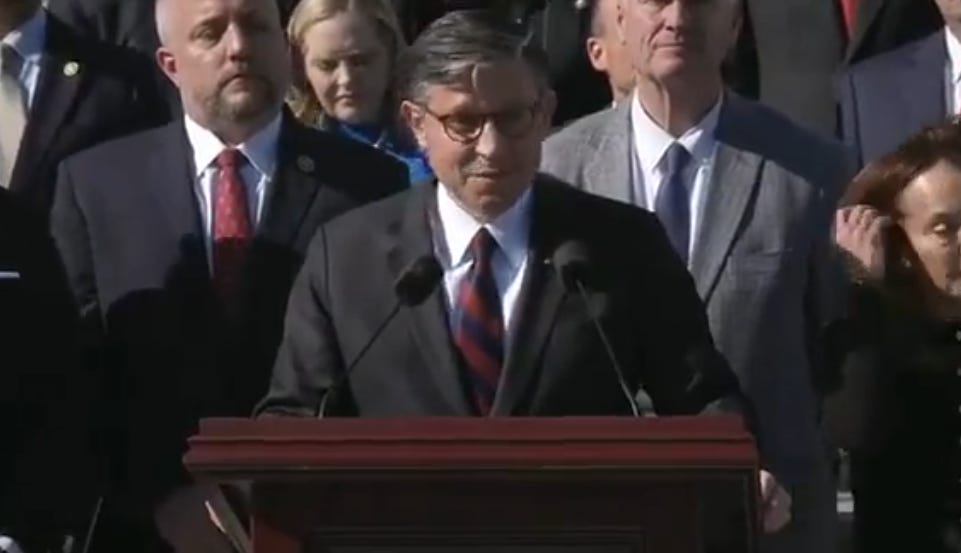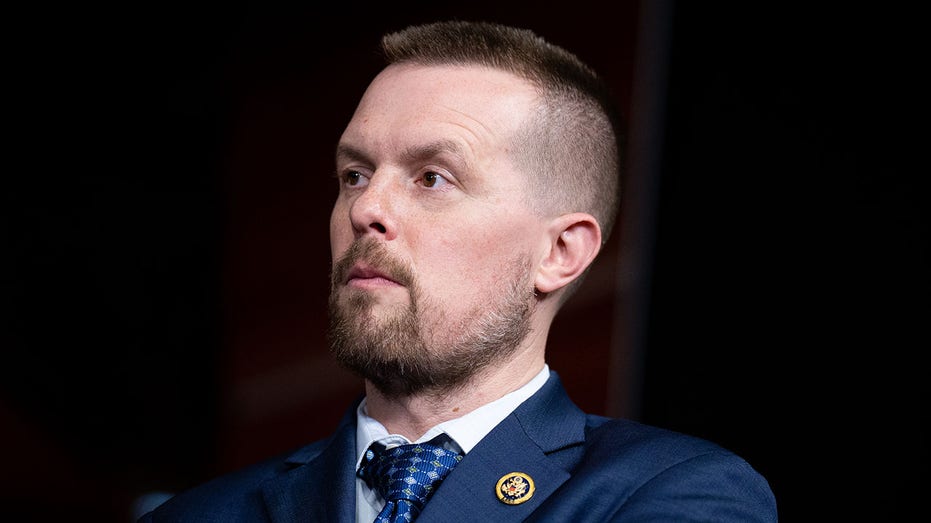A sense of triumph rippled through the Senate Democratic caucus. Recent election victories felt less like chance and more like a powerful mandate, a clear signal that their strategy of holding firm during the government shutdown was resonating with voters.
The shutdown had already reached unprecedented length, stretching into its 36th day, yet Democrats felt newly emboldened. The election results, they believed, were a direct rebuke of President Trump and the Republican party, particularly concerning the fate of crucial healthcare subsidies.
Despite the surge in confidence, a quiet debate began to emerge within the Democratic ranks. Some considered a potential compromise – accepting a Republican offer of a vote on the subsidies in exchange for supporting a short-term funding bill. But the idea was met with resistance.
Senator Bernie Sanders voiced a stark warning: yielding now for a mere promise of a vote would be a critical error. He recalled a simple truth – “when we fight, we win. When you cave, you lose.” The memory of past concessions loomed large, a cautionary tale against premature surrender.
Republicans, meanwhile, harbored their own anxieties. They feared the election results might solidify Democratic resolve, making any negotiation even more difficult. The shutdown, President Trump admitted privately, had been a damaging factor on election night.
Senator Thom Tillis cautioned that any boost for Democrats would likely be temporary. He believed voters would soon refocus on the core issue: the Democrats’ decision to halt government funding. The pressure to restore normalcy, he argued, would eventually outweigh any lingering electoral sentiment.
Republicans remained steadfast in their approach, offering a vote on the subsidies alongside a package of smaller spending bills. Senator John Thune questioned how much longer the American people could endure the shutdown, demanding to know if Democrats needed further suffering to achieve their goals.
Yet, Democrats signaled that a vote on the subsidies alone wouldn’t be enough. They demanded a direct meeting with the President, insisting it was time to negotiate in good faith and end what they characterized as a “Republican shutdown.”
The victory in New Jersey, where a Democratic candidate secured a resounding win, fueled the Democrats’ conviction. Senator Andy Kim believed President Trump had been demonstrably weakened by the results and should immediately seek a negotiated solution.
Senator Ruben Gallego echoed Sanders’ call for unwavering resolve, but expressed skepticism about dealing with the President. He questioned whether Trump was a rational actor, pointing to actions that seemed counterproductive, even self-sabotaging, in the face of potential Democratic gains.
Gallego highlighted the irony of the situation: Trump’s actions risked guaranteeing a Democratic-controlled Congress by allowing healthcare premiums to rise unnecessarily – a problem entirely within his power to prevent.
The standoff continued, a high-stakes game of political maneuvering with the livelihoods of millions hanging in the balance. Both sides dug in, interpreting the same election results as validation for their opposing strategies, leaving the nation waiting for a breakthrough that seemed increasingly elusive.






